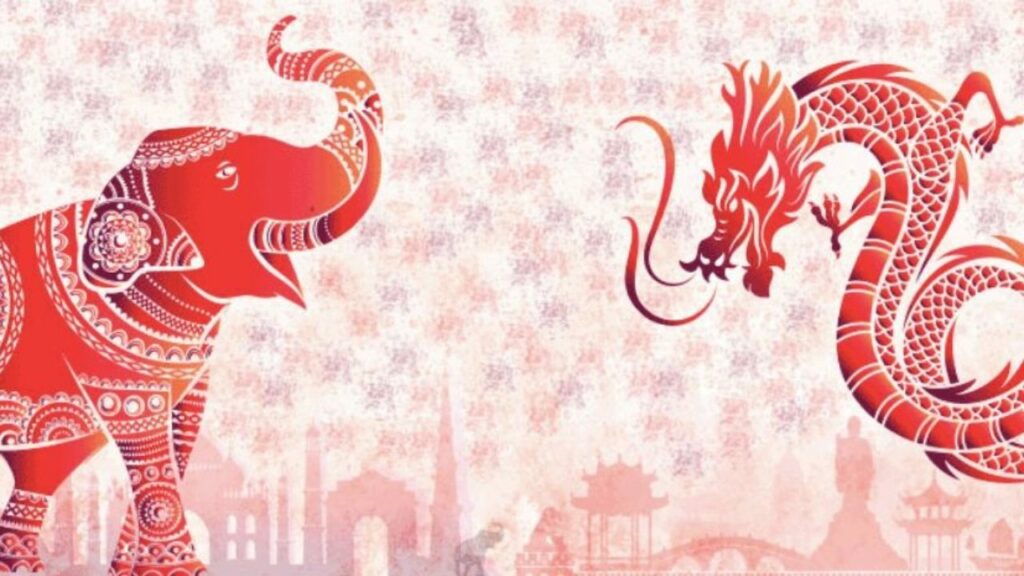India has opened an investigation into the purported dumping of six Chinese imports, including chemicals, electrical steel that has been cold-rolled, and cartridges for black toner powder.

The following Chinese products are being dumped, according to the Directorate General of Trade Remedies (DGTR): cold-rolled non-oriented electrical steel, certain antioxidants, polytetrafluoroethylene, black toner powder cartridge, 1,1,1,2-Tetrafluoroethane (R-134a), and acrylonitrile butadiene rubber.
India Initiates Dumping Probe on Six Products Imported From China
Local manufacturers are being harmed by these imports, according to complaints from domestic industries, because they are being dumped at lower prices.
The petitioners are asking for anti-dumping taxes to be applied to these imports in order to shield home businesses from unfair competition.
A request to look into the dumping of R-134a, a refrigerant often found in car air conditioners, was submitted by SRF Ltd.
Apcotex Industries Ltd submitted an application to look into the importation of acrylonitrile butadiene rubber—used in the oil, gas, and automotive industries—from China, the European Union, Korea, and Russia.
Vinati Organics Ltd. asked for a research into specific antioxidants that are utilized by petrochemical businesses that produce plastics in China and Singapore.
Polytetrafluoroethylene is utilized in the chemical, mechanical, and electronic industries. Gujarat Fluorochemicals Ltd. asked for an anti-dumping investigation into imports of this material.
A request for an investigation into the dumping of Chinese-made black toner powder cartridges has been made by Indrayani Sales.
POSCO Maharashtra Steel and CSCI Steel Corporation India Request For An Investigation
POSCO Maharashtra Steel and CSCI Steel Corporation India have requested for an investigation into cold-rolled electrical steel imports from China.
The DGTR has opened anti-dumping investigations on these products after discovering prima facie evidence of dumping. The DGTR will suggest anti-dumping duties if it is proven that the dumped imports seriously harmed domestic industries.
The finance minister has the last say over whether to impose these obligations.
Under the World Trade Organization (WTO) framework, anti-dumping investigations are designed to shield home industry from the damage resulting from an increase in low-cost imports.
Anti-dumping taxes have previously been levied by India on a number of imports coming from China, among other nations.
India’s second-biggest commercial partner is China, with which it has a growing trade deficit of USD 85 billion in 2023–2024. India has voiced worries about this trade imbalance on multiple occasions.












